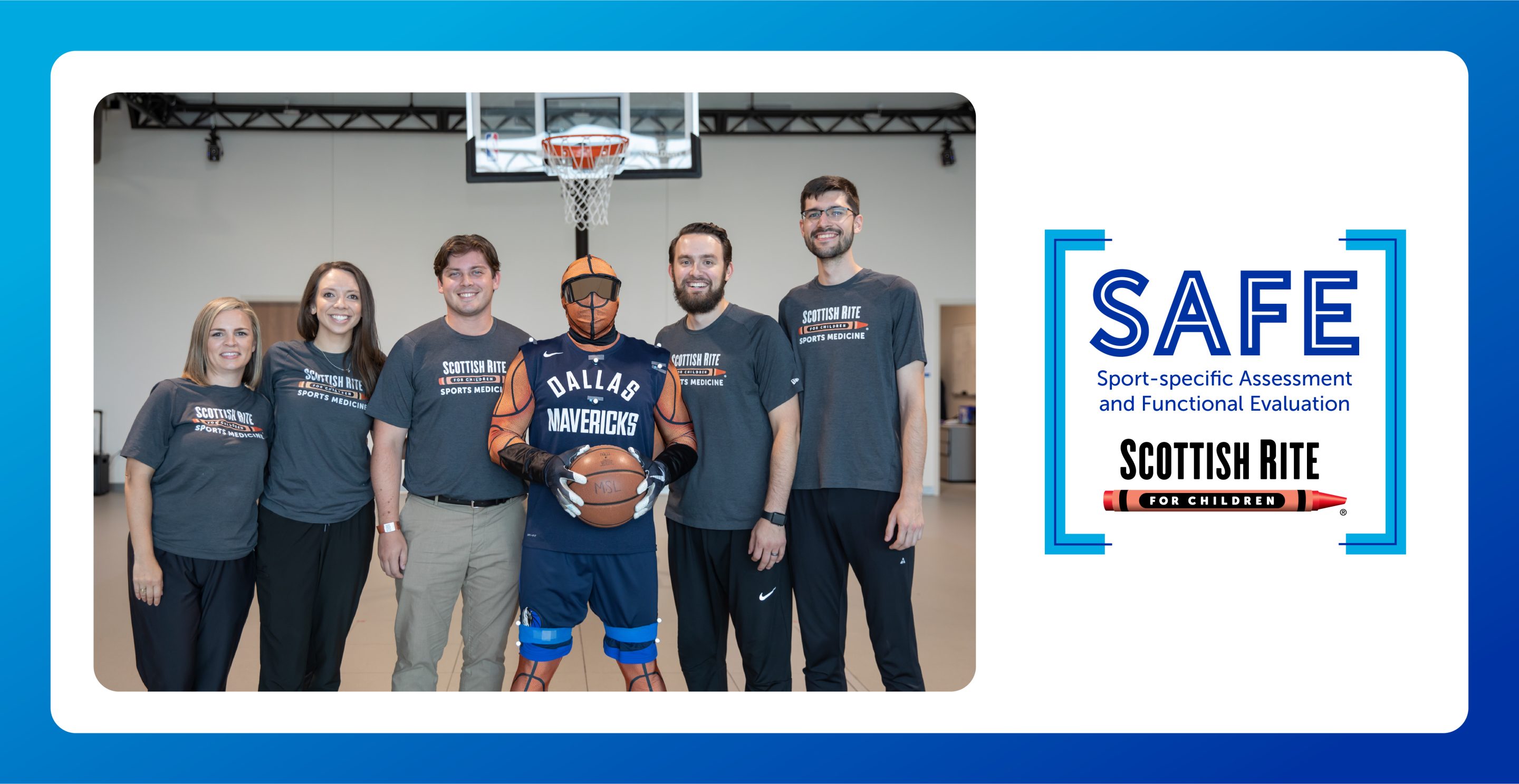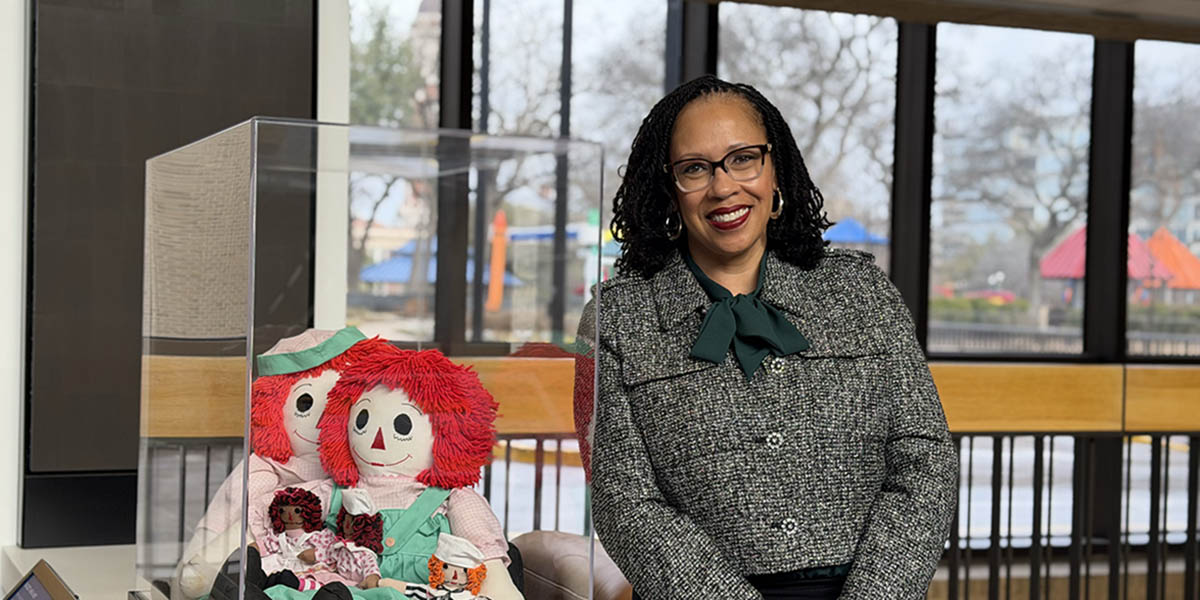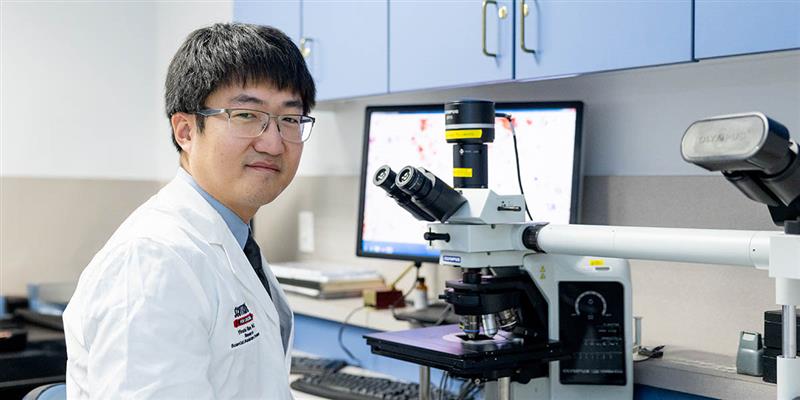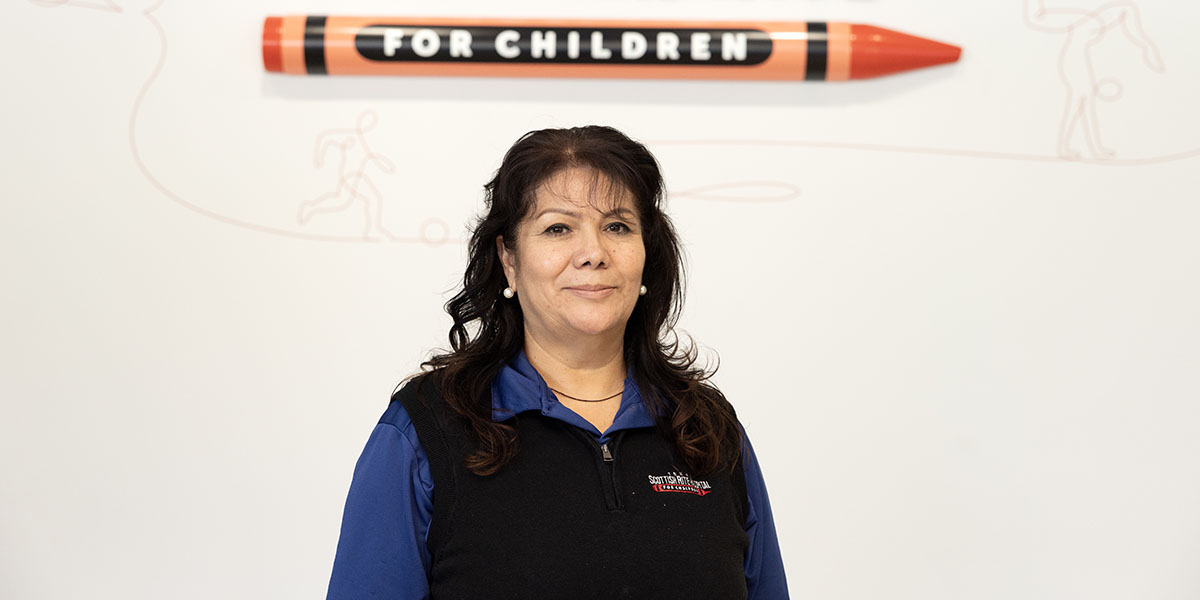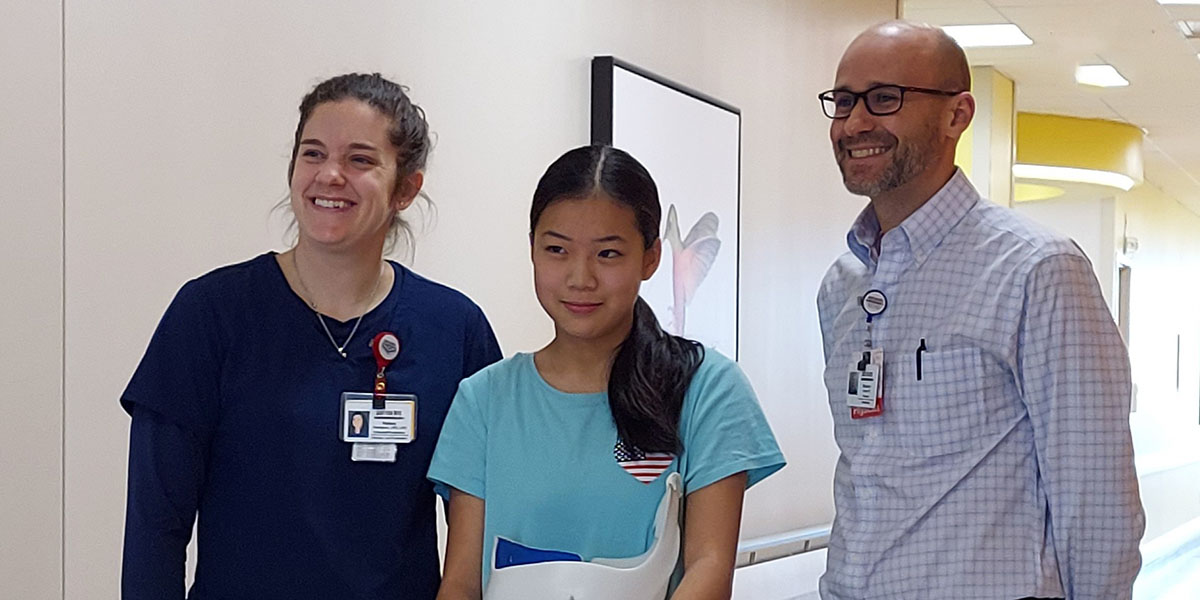Our Sports Medicine research team is collecting data to learn more about injury prevention in young basketball players. As part of the SAFE program at Scottish Rite for Children, young athletes perform various tasks, including a movement screen and assessments of speed, agility and strength. Additionally, athletes complete surveys specific to their sport participation and injury history. As the research team tests more athletes, the information collected will provide evidence-based guidance for developing injury prevention programs specific for the youth athlete. The ability to identify movement patterns or behaviors that may increase the risk of sustaining a sport-related injury is imperative. Studies have shown that sports injuries can often lead to the athlete discontinuing their sport participation, negatively impacting their overall health and wellness. Therefore, this research is helping to develop more advanced screening tools to mitigate those risks, which is instrumental for keeping athletes healthy and out on the court.
Watch the MavsMan try out the SAFE testing activities.
In partnership with the Mavs Academy, our team has tested hundreds of basketball players throughout the past two years at events, such as the Mavs Youth Combine, Mavs Academy Development Camp and the Mavs SAFE Tip-Off. Coaches, athletes and parents expressed that they learned valuable information from the experience as well as asking how they can connect other athletes to the opportunity. The shared desire to make an impact on injury prevention is obvious in these conversations.
“The work that is being done by Scottish Rite has the potential to impact athletes now and well into their futures. We are excited to partner with them in making youth basketball safer.”
Brad Freeman
Senior Director
Mavs Academy & Mavs Gaming
Dallas Mavericks
Early results from this work are already pointing to a few messages your young athlete may want to know. Here are preliminary findings from a subset of this data that included 105 participants with an average age of 13 years.
- 66% of athletes have limited ankle motion
- 20% of athletes reported a prior knee injury
- 39% of athletes reported a sport-related injury within the past 12 months
- Stronger athletes jumped higher with more power and strength on a single-leg vertical jump. Athletes with more overall strength may perform better during single-leg basketball movements.
- Faster athletes exhibited better coordination leading to improved performance on the triple hop for distance. Speed deficiencies may hinder single-leg hop performance.
- Athletes with a prior knee injury exhibited greater single-leg vertical jump height asymmetry and larger side-to-side power deficits, which is an indicator of future injury risk. To avoid injury, it is important to land from a jump with proper technique and symmetry between limbs.
- Limb symmetry observed in jump distance metrics were not reflected in jump height symmetry. Given basketball involves single-leg jumps, an assessment of injury risk via limb asymmetry may be more informative using a hop for height and not a hop for distance.
- Limited ankle flexion was found to influence single-leg hop height (but not hop distance). Achieving adequate jump height is important for basketball-specific movements. For safer and more efficient running and jumping, ankle flexion should be at least 40 degrees. A lower number can indicate tightness in the calf muscle that may improve with stretching.
“The results from a complex data set like this may sound confusing to parents and coaches, however, through this research initiative we are already discovering trends that allow us to take action in community education.”
Ashley Erdman, B.S., M.B.A.
Lead Biomechanist
Movement Science Lab, Frisco
Scottish Rite for Children is continuing to partner with the Mavs Academy to learn more about injury prevention. Participants will be invited to participate in on-site testing when it is offered, but testing is also conducted at Scottish Rite for Children.
If you are interested in participating in this project individually or as a team, please email [email protected].


